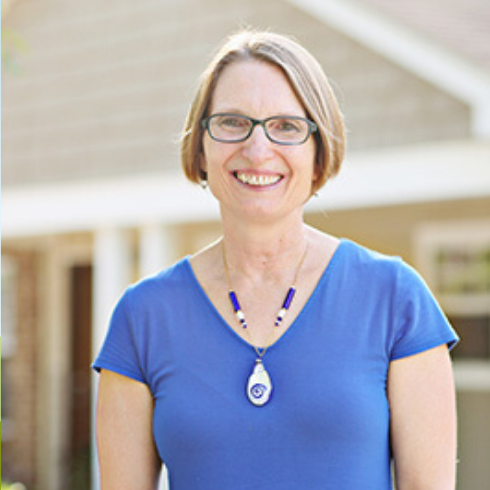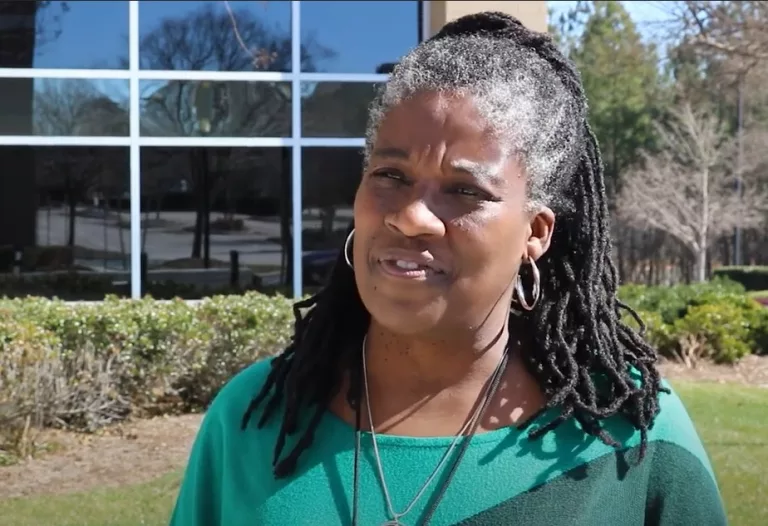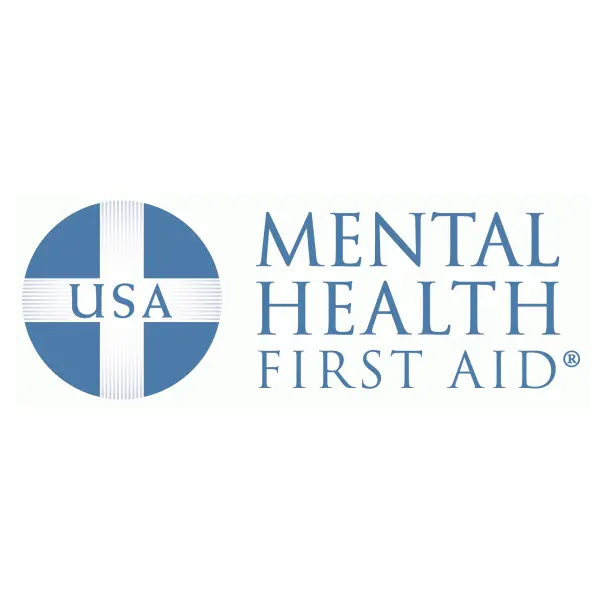Housing
A Foundation for Recovery
Investing in Affordable Housing
Alliance Health knows that access to decent, safe and affordable housing and caring supportive services provides critical stability for individuals and families. Working in partnerships, we are finding solutions to increase access to housing for the people we serve.
We continue to partner with the Durham Housing Authority (DHA) to secure specialized vouchers for people with disabilities as well as vouchers for the chronically homeless. In addition, we are working with DHA on addressing policy barriers that often limit our population from accessing housing.
A short-term financial assistance program for adults and families who are receiving services through Alliance:
Eviction prevention and rapid re-housing funds.
Utility assistance.
Start-up funds, such as security deposits, to help adults/families move into permanent housing.

Success depends upon support that helps people integrate into their communities and removes barriers that keep them from living the life they need and deserve.
Part of an agreement between the State of North Carolina and the US Department of Justice, the Transitions to Community Living Initiative helps people with serious mental illness transition from adult care homes and state psychiatric hospitals into the communities of their choice.
Play Video
Supportive housing combines affordable housing with wraparound services allowing individuals to live in their own community. The tenets of supported housing include:
A person’s housing choice is valued and supported.
A person has all the rights and responsibilities of their tenancy.
A person’s community of choice should support integration and not limit access to neighborhood resources.

“Access to safe, quality and affordable housing – and the supports necessary to maintain that housing – constitute one of the most basic and powerful social determinants of health. In particular, for individuals and families trapped in a cycle of crisis and housing instability due to poverty, mental illness, addictions or chronic health issues, housing can entirely dictate their health and health trajectory.”
World Health Organization, 2008
Alliance Health values the relationships with landlords who provide housing to the people we serve. Many of our programs provide longer-term assistance paid by Alliance, and we also help coordinate the services and supports of an individual or family. Relationships with landlords promote housing stability, social integration and success in community living.

“By partnering with Alliance, it gives us an incredible opportunity to end homelessness for individuals and families in concert with Durham’s comprehensive affordable housing efforts,”
CASA CEO Mary Jean Seyda
Our “Better At Home” campaign offers monthly trainings to help providers understand and navigate the complex systems of housing and homelessness. View Alliance’s training calendar for a list of upcoming sessions.
Featured News:

Hear from three of our staff members about their experiences with the COVID-19 vaccine, their thoughts on why some are hesitant, and why they ultimately chose to get vaccinated. #FindYourSpot #TakeYourShot #COVID #MentalHealth #PoweredByPeoplepartner and start a new initiative!

Erica Asbury is a Member Engagement Specialist at Alliance Health. As a parent of a child who had developmental disabilities, she knows first hand how important the resources are, that Alliance Health offers.

This series of six trainings will give you basic tools needed to support the people we serve with the dignity and respect they deserve, to improve our communities by allowing them to experience all of their citizens’ different gifts, to have inclusive neighborhoods that embrace the value of every member.

Alliance Health is now pleased to offer both Adult and Youth Mental Health First Aid virtually. This virtual learning experience includes two hours of self-paced learning followed by four hours of virtual live instruction. Register now to attend one of our upcoming classes.

